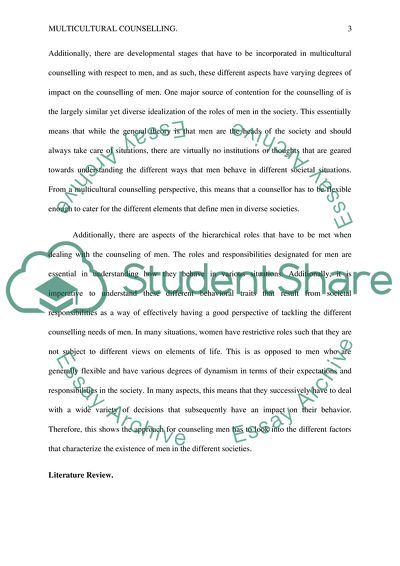Cite this document
(Counselling Men Coursework Example | Topics and Well Written Essays - 1750 words, n.d.)
Counselling Men Coursework Example | Topics and Well Written Essays - 1750 words. https://studentshare.org/psychology/1850877-counseling-man
Counselling Men Coursework Example | Topics and Well Written Essays - 1750 words. https://studentshare.org/psychology/1850877-counseling-man
(Counselling Men Coursework Example | Topics and Well Written Essays - 1750 Words)
Counselling Men Coursework Example | Topics and Well Written Essays - 1750 Words. https://studentshare.org/psychology/1850877-counseling-man.
Counselling Men Coursework Example | Topics and Well Written Essays - 1750 Words. https://studentshare.org/psychology/1850877-counseling-man.
“Counselling Men Coursework Example | Topics and Well Written Essays - 1750 Words”. https://studentshare.org/psychology/1850877-counseling-man.


